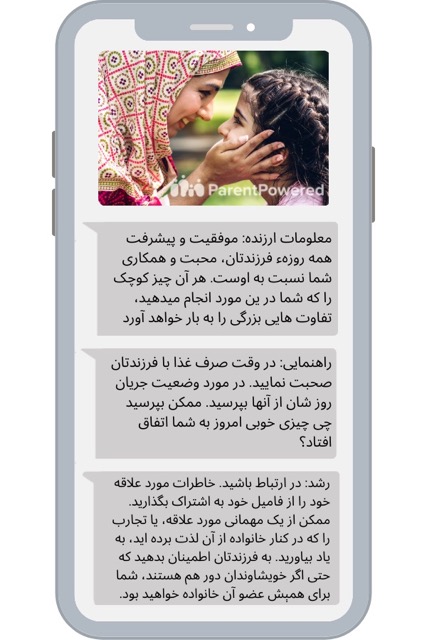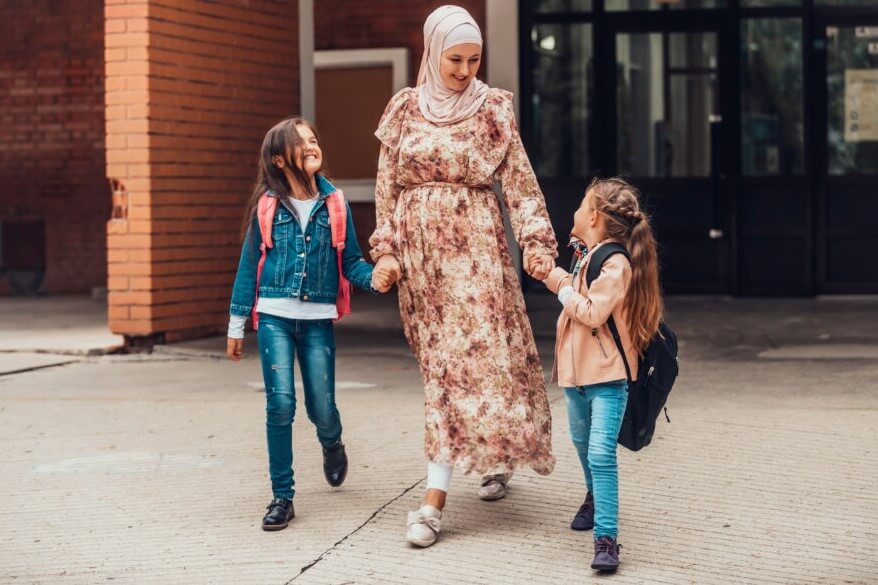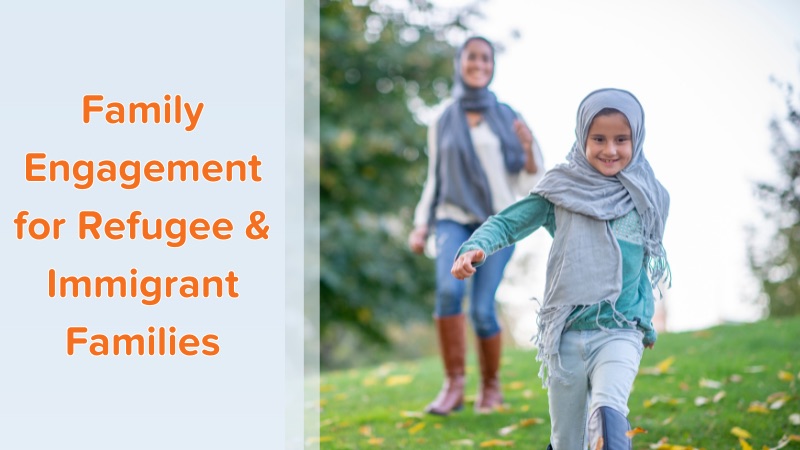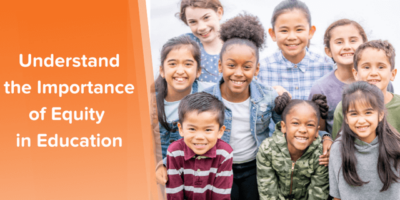By Rebecca Honig, chief content & curriculum officer; edited by Maren Madalyn
I love our neighbors. They’re simply wonderful.
Every time I visit, they insist on feeding me a full family-style meal followed by at least two rounds of tea. They’ve hosted me at Nowruz celebrations and birthday parties. They’ve introduced me to some of my favorite new songs. I love watching our collective seven kids pile on to one sled and fly down the hill behind town hall, or race matchbox cars across the living room floor.
When we first met, they promised they were going to help me learn to like cooking (something no one in my family has been able to achieve). Also, they informed me that they’d help me learn my way around town (once they themselves get their bearings) because they accurately observed that I have NO sense of direction.

For my part, since they were new to our town from Afghanistan, I promised to help THEM navigate school in the US. They had left a war-torn country to face new languages, new customs, and new systems like schools, and I knew that they might benefit from a little extra support.
What I quickly learned from this experience was:
- family engagement for refugees is essential for a successful transition into the American school system, and
- immigrant and refugee families have unique, nuanced needs that a trauma-informed approach can greatly support.
Scaffolding school success by going back to the basics
Despite decades working in education, I was not terribly good in this role for my neighbors in the beginning.
I remember the first time we sat down to talk about the school registration process. Eager to show off my chops, I launched into a detailed overview of the curriculum at each grade level their children would enter into once school started.
Three minutes into my curricular monologue, the parents stopped me and asked, “Rebecca… on what days does school meet?”
Right. All of this was new for this family. Much of the US school system was different from their own experiences, too.
In Afghanistan, the school week is not Monday through Friday as it is here in the US. Things like “half days” and “after school clubs” do not exist as they do here. Busing is new, as are school lunches. Calling in to report a student’s absence is unfamiliar, as is learning in a mixed gender classroom. Parent-teacher relationships come with different expectations, and parent involvement in student learning looks different, too.
I was not the only educator accidentally skipping this fundamental information. Shortly after they filled out the school registration forms, my neighbors received email after email from the three schools their kids would be attending. All of their creators made the same assumptions that I originally had about what this family already knew about school and expectations for school involvement.

As family engagement experts, we all know that the goal is to create a trusting and strengths-based partnership between home and school. But, much like my Afghan neighbors experienced, that can only begin to happen once students and families are oriented around what it means to attend school in the US and around what the opportunities to engage with educators even look like.
What does it look like in practice for a school community to scaffold and support their refugee populations and immigrant families?
Crafting effective family engagement for immigrant and refugee families
Like any new experience, starting school in the US and supporting learning at home must be scaffolded. It must be made relatable. It must leverage a family’s strengths, building new skills on top of known skills and responding to families’ lived experiences, culture, and traditions.
These pillars form the basis of ParentPowered Trauma Informed, a family engagement solution delivered via text messages in 13 languages, designed specifically to support communities and families affected by trauma.
We’ve created versions of our evidence-based program to address the unique needs of tribal nations, urban and rural communities navigating trauma, and island communities working to preserve cultural heritage. We’ve worked with neighborhoods, counties, districts, cities and states, across the country to create messages linking to their local resources and supports.

Let’s take a closer look at how educators can cultivate relationships with families arriving in a new country, whether it’s through a refugee program or for new opportunities. School communities can and do set up refugee families for success in nurturing their children’s education.
1. Start by listening
In a new country, navigating a different language and a ton of unfamiliar systems, immigrant and refugee families are vulnerable and may be hesitant to immediately open up to school staff. That’s ok! There are a number of ways to build that bridge — but all begin with listening.
A cornerstone to building trust, active listening has been shown to impact a number of family and student outcomes, ranging from improving parent-child relationships to improving school climate. When utilized with family members new to the US (or schools in general), this skill helps school staff learn more about these families and identify family’s strengths — more on that in a moment.

For example, when ParentPowered built a family engagement program tailored uniquely to the needs of Afghan refugee populations, we invited a team of experts to gather with us. This group included Afghan refugees with previous first-hand experience, educators in schools helping new families build comfort within the classroom, experts supporting refugee parents as they navigated trauma, members of refugee resettlement teams, and community health organizations specializing in immigrant and refugee populations.
We then asked a lot of questions and did a lot of listening.
Here are a few ways you can begin actively listening with refugee and immigrant parents, experts from a local refugee program, and other community organizations in your vicinity:
Engage local experts
A great first step is to identify what knowledge and expertise you have available in your community about a particular culture or families from certain populations. Perhaps there is a local refugee program or mental health experts who specialize in multilingual families from other countries. Families themselves are excellent sources of knowledge, but it helps for educators to do background research first before reaching out.
Learn fundamentals first
It helps to start with general questions first to learn more about culture and daily life in a family’s home country, including parenting and schooling practices. You can also invite families to share about their refugee experience, the strengths they’re using to navigate it, and the challenges they face.

Let families ask YOU questions, too
Last, to encourage two-way communication, you can try opening the floor to family members and experts to ask YOU questions, too. What do they want to know about school in the US? About supporting children in school? About accessing services?
2. Build on family strengths and success
All families bring their own unique perspectives, life experiences, and parenting wisdom to a school community. For refugee and immigrant families, these strengths become crucial resources for supporting their children’s education as well as their own journeys navigating new places and practices.
Educators can tap into these strengths in everyday interactions by adopting a mindset that focuses on what assets or abilities families already have available to them — rather than focus on deficits. Though simple, this shift in perspective can bolster a caretaker’s confidence that they are a true partner in a student’s education.
This mindset is so powerful that Dr. Karen Mapp of Harvard University revised her evidence-based family engagement framework to center strengths-based, trusting relationships. Learn more about her research and why it is important for educators to engage refugees and other immigrant families in this way.
3. Make it culturally relevant
Culturally responsive family engagement benefits all families, but it is especially powerful for refugees and immigrant communities. The goal of this approach is to create a welcoming learning environment that honors the beautiful diversity found in the local community. From integrating images that represent refugee populations in the community, to offering books or lessons that center immigrant family stories, there are many ways in which schools can adapt culturally responsive practices into their students’ everyday world.
For example, through listening sessions and review cycles, ParentPowered revised its Afghan refugee family engagement program to better reflect the daily routines in a typical Afghan household, clarified common school practices such as parent-teacher communications, and added messages to encourage celebrating their home culture, language, and traditions. These adjustments make it clear that this program truly sees its recipients and values their life experiences.
4. Offer concrete supports families need most
Family engagement is a gateway for ensuring families know how to access resources to meet their basic needs. This is essential for both immigrant and refugee populations, who are navigating unfamiliar systems and accessing support. Schools can become a key channel to connect families to community resources and ensure these needs are met.
ParentPowered is proud of the impact that its Community Support Stream, part of the Trauma Informed program, has had on its partners’ communities. Learn how our program supports the Montana Migrant Education Program to connect migrant families with valuable resources through text — the most equitable and accessible form of communication with families.
5. Use localized translations
And of course, ensuring all school materials are available in a family’s home language matters!
Localized translations are most effective for English Language Learners and their caregivers. Localization takes the nuances and complexities of meaning behind words and ensures the words translate across cultural spheres.
A lighthearted example of translation without localization occurred when Pepsodine tried to market its teeth-whitening toothpaste in a community in Southeast Asia where people strived to have black teeth. As you can imagine, they didn’t sell much toothpaste at all!
In a school scenario, it is important to account for the cultural nuance of the concepts being translated to effectively connect with the families you most want to serve. This helps avoid potential misconceptions and also cultivates trust.
Family engagement for refugees generates student success
Above all else, we educators want families to feel seen, celebrated and supported. We want them reading our emails (or ParentPowered messages), speaking with our teachers, and reading school materials — all the while, thinking, “I can do this!”
Just like I sat with my new neighbors as they waded through those early emails from school, I’m now getting to sit with them as they receive a new kind of communication, year after year: emails from teachers and administrators telling them how well their children are doing.

Emails noting that the kids are making fast friends, that they are learning English at lightning speed, that their unique abilities are shining through.
At first, those emails took a bit of explaining, too. And it’s a type of explanation I feel so lucky to get to share: “In the US, teachers sometimes reach out just to let you know that they are proud of your children and that’s what this email is all about.”
Discover the power of trauma-informed digital family engagement
ParentPowered’s mission is to create easy-to-use tools for great parenting to improve the lives of all children — regardless of cultural background, country of origin, or home languages. Join an upcoming info session to learn how our digital family engagement programs promote student learning and family wellbeing for special populations like refugees and more.
About the author
Rebecca Honig is the Chief Content and Curriculum Officer at ParentPowered. She has authored numerous curricula, parent guides, and children’s storybooks for Sesame Workshop, Scholastic, Disney, Compass Learning, PBS, WGBH, HITN, Nickelodeon, Mo Willems, and The Norman Rockwell Museum. She has also served as a Curriculum and Content Specialist for Sesame Street and spent ten years teaching in public, private, and after school programs. Rebecca has a Master’s Degree in Early Childhood Education from Bank Street.









